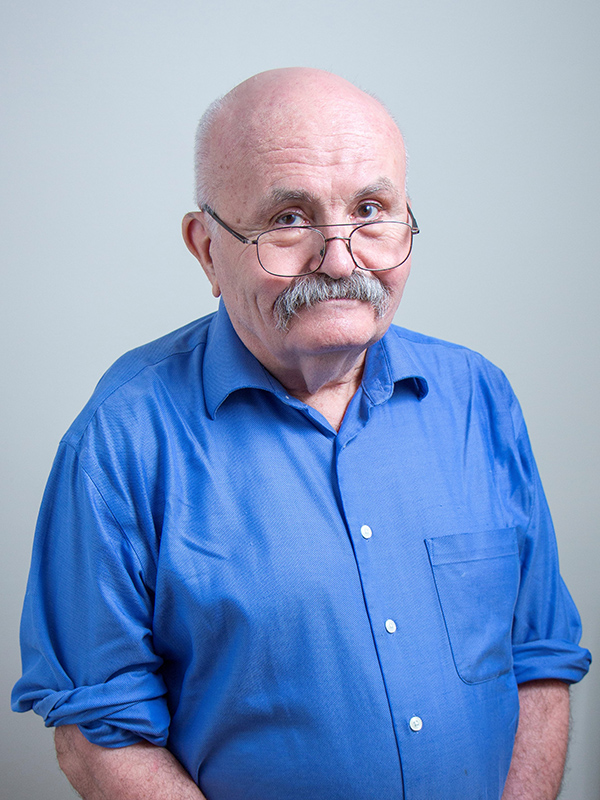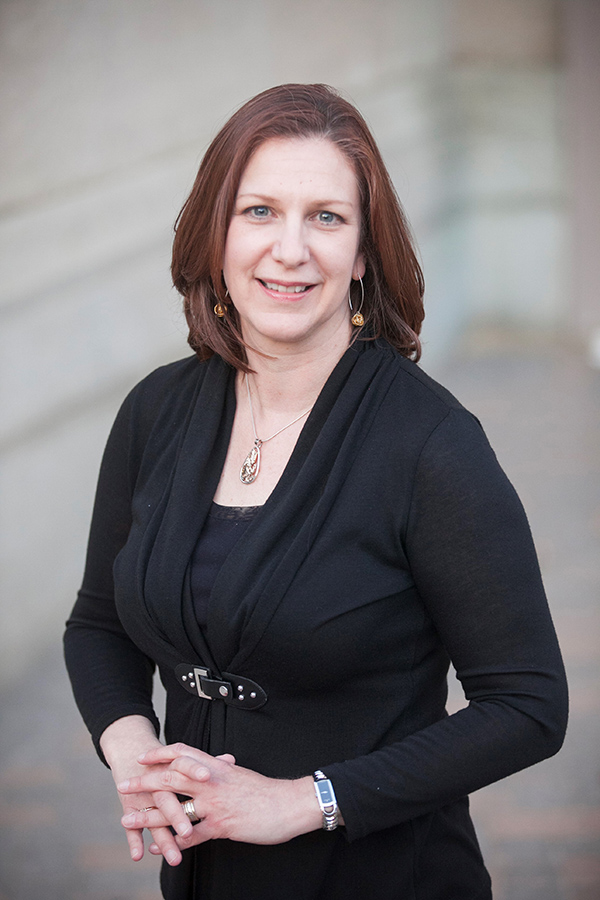
Archaeology and anthropology faculty members take on presidential roles
Two Department of Archaeology and Anthropology faculty members are acknowleding the importance of leadership in social science organizations
By Shannon Boklaschuk
Two Department of Archaeology and Anthropology faculty members serving in presidential roles for national and international social science organizations are acknowledging the importance of such leadership.
“Most of our work, whatever the field and whether applied or not, is done networked and in collaboration with colleagues at other institutions,” said Alexander (Sandy) Ervin, the president of the Society for Applied Anthropology (SfAA), one of the world’s largest scholar associations for applied social sciences.
“These professional associations are the most significant clearing houses for our work through their journals and annual conferences. By participating at all levels, including leadership positions, that enhances our professional skills that relate to the research we do—whether applied or not. Obviously professionally more developed and competent faculty benefit students at all levels,” he added.

“All of our membership could be considered on the progressive end of human rights and social justice advocacy,” he said.
“While the majority of the membership is American, there is a strong element of constructive criticism of American society and government policies, especially in these most recent difficult times for American citizens.”
The SfAA was formed in 1941 under the leadership of Margaret Mead at a meeting at Harvard University. Ervin said it was formed in anticipation of the United States entering the Second World War and was focused on the need to prepare social sciences to support the war effort.
“Since these earlier days, applied anthropology has expanded into many domains: economic and community development, international development, public health, agriculture, fisheries, environmental issues, urban social issues, such as poverty and housing, immigration, refugee relocation and multiculturalism, science and technology transfers, gender and race issues, business and industrial anthropology, Indigenous issues and government policies of administration, education and even climate change,” Ervin said.
“There is no domain of human institutional endeavour for which anthropology cannot provide some important insight. This is enhanced by the realities that we live in a world dominated by globalization and multiculturalism in a very real and not just ideological sense. Our main contribution is our capacity to show the actual impacts at the ground level of policies upon real people in real time.”
One of Ervin’s colleagues in the University of Saskatchewan’s Department of Archaeology and Anthropology, Pamela Downe, is president-elect of the Canadian Anthropology Society (CASCA). She is working on the organization’s upcoming annual meeting in May, which is co-sponsored by SfAA and will take place at the Universidad de Oriente in Santiago de Cuba.
She also believes it is important for faculty members to take on leadership roles in organizations such as CASCA.
“I do not know of any scholar, scientist or artist who works in complete isolation. We all connect with broader communities and we rely on those doing similar or related work. These communities need leadership. They need support. They need commitment,” Downe said.

Downe said she has found it to be “extremely rewarding” to work with the seven other members of the CASCA executive committee, who span Canada from Prince Edward Island to British Columbia. The committee members are committed to creating a welcoming society of anthropological scholars and to participating in national policy discussions, she said.
Downe also finds it rewarding to learn more about the work of her colleagues and students across the country through her CASCA role.
“The scope of anthropological research in Canada is astounding. There are exciting and important projects being undertaken in innovative ways,” she said.
“As an individual researcher working in familiar teams and communities, it can be easy to lose sight of the broader endeavour in which we are all engaged. The position has reminded me of that broader project."
Downe previously served as head of the Department of Archaeology and Anthropology in the College of Arts & Science, from 2010 to 2015. She said that experience prepared her for a role that would allow her to champion the discipline beyond the U of S campus.
“There are so many fabulous advances in the field, as well as very successful and long-term community partnerships with Indigenous communities across the world, that I was—and remain—very excited by all that there is to celebrate,” she said.


